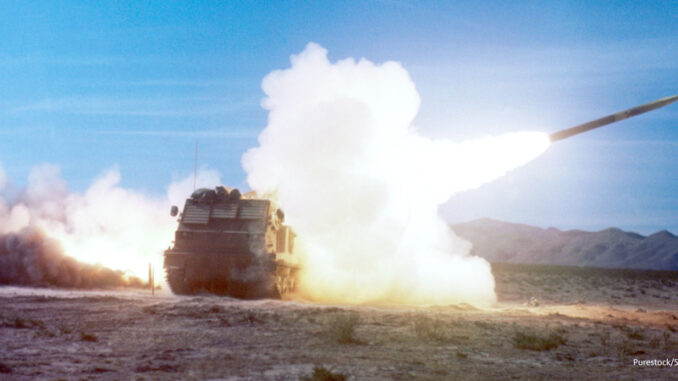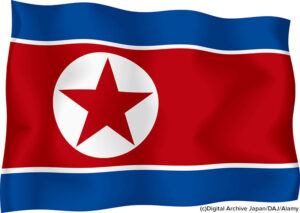

Last week, North Korea fired an intermediate range missile over Japan. The Hwasong-12 missile, which is designed to carry a nuclear warhead, traveled about 1,700 miles in fourteen minutes before crashing into the Pacific Ocean 575 miles east of Japan. This isn’t the first time that North Korea has launched an object into the skies over Japan, though it is the first time that the object was clearly a missile. Here, btw takes a closer look at the implications of the launch and what it could mean for the United States.
Why Japan?
There are several reasons why North Korea might have chosen Japan as its test target. The first is that earlier this summer, Japan launched a group of satellites in the area that were presumably for spying. When that happened, North Korea announced that they would possibly launch test missiles in retaliation.
However, there are other possibly reasons which are less sinister. North Korea is a small country, about the size of Virginia, and so they don’t have nearly enough space to test intermediate- and long-range missiles on their own soil. Because of their location, it’s nearly impossible for them to test a missile without shooting it over another country. So it’s possible that North Korean leaders chose the Hokkaido island region of Japan because of its lower population.
The World’s Response
After the launch, the United Nations Security Council met for an emergency four-hour session to determine how to respond. Though the Council unanimously condemned North Korea’s actions, it stopped short of taking any additional action against North Korea.
The United States currently has sixteen ships stationed in the Pacific which are capable of intercepting intermediate-range ballistic missiles. However, during last week’s launch, the Navy declined to act. This could be because United States authorities announced right after the launch that the North Korean missile posed no threat to the continental U.S. or to Guam. Nevertheless, this test proves that North Korea is indeed capable of firing a missile that could reach Guam.
Far from backing down, North Korean authorities stated that they will be launching more similar missiles with the Pacific as a target in the future. At the same time, South Korea is concerned that North Korea is preparing to conduct its sixth underground nuclear test. There is a history of North Korea conducting such tests on the North Korean holiday known as the Day of the Foundation of the Republic. The country’s last nuclear test was on September 9 of last year.
